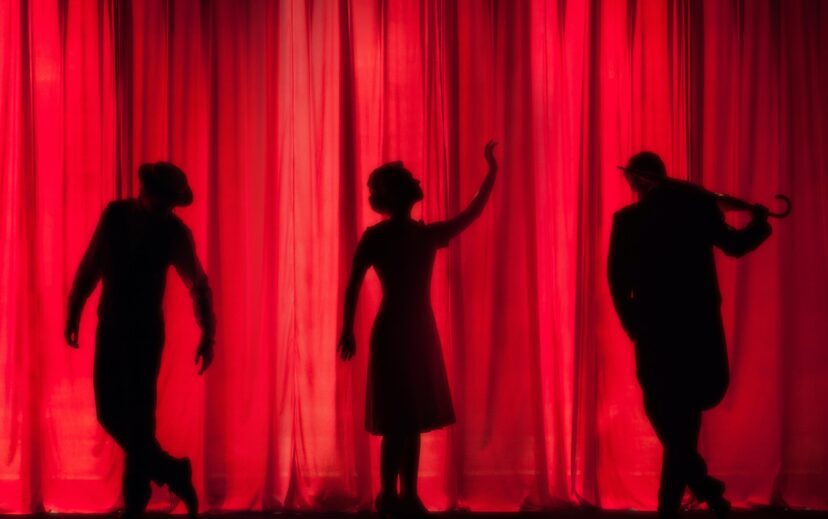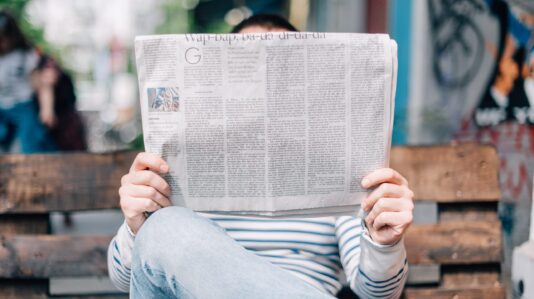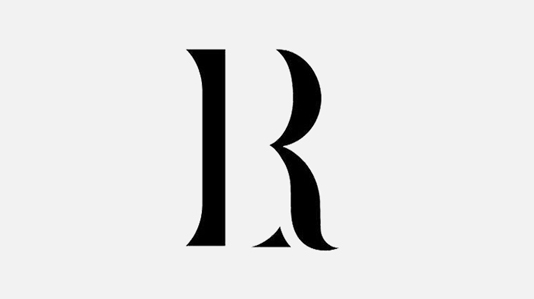Updated: August 2, 2022
New York Civil Rights Law Sections 50 and 51 give individuals the right of publicity, allowing them to control the use of their name, image and likeness for commercial purposes. While most people are afforded this right, it has particular significance for celebrities. This is because the illegal use of a celebrity’s name or image is likely to be more lucrative for a third party.
NEW YORK’S RIGHT OF PRIVACY AND PUBLICITY LAW
New York recently amended its law to make it easier for people, or their estates, to recover for violations of their publicity rights. The New York law prohibits a party from using another person’s name, likeness, voice or image “for advertising purposes or for the purposes of trade” without that person’s written consent.
The law only gives individuals, not corporations or other entities, a right of publicity. The unlawful use must also occur within the state of New York, regardless of where the plaintiff or defendant resides. Because many advertisements are seen nationally on television and the internet, a celebrity may need to sue in multiple states to completely stop the unlawful use of their name and image.
The name, portrait, picture or voice requirement is construed broadly to include any recognizable likeness to a particular individual, even if it is not an exact replica, such as a painting, sculpture, lookalike actor or computer-generated recording.
For the use to be a violation, there must be a purposeful intent to create the appearance of the celebrity. Additionally, there must be actual use of the name, portrait, picture or voice—not just a depiction of certain traits of a person.
The right of publicity only prevents unlawful use for advertising or commercial purposes. However, certain exceptions exist.
EXCEPTIONS TO THE RIGHT OF PUBLICITY
The law allows use of the name, portrait, picture or voice of any author, composer or artist in connection with their literary, musical or artistic productions, unless the author objects. A person’s identity may also be used in connection with products if the person manufactured or sold those products under their identity.
Professional photographers are protected against suits by their subjects and can exhibit their work unless the subject objects and the photographer continues to exhibit it. However, while a photographer may own the copyright to their photos, under New York’s publicity law, they may not have the right to license or use their subject’s image on merchandise or goods.
Newsworthy events and matters of public interest make up one of the most important exceptions to the right of publicity. A party can use a person’s name or image in connection with a newsworthy article or factual information related to public issues about that individual. This has been construed to cover any content involving a matter of public interest, not just hard news. Notably, the fact that the media outlet may make money from the publication does not make it advertising; but the sole purpose of the use of the image cannot be to promote sales.
Importantly, photographers may be protected under the newsworthy exception even if their photos give a false impression about an individual depicted in the photo. However, the photo must bear a “real relationship” to the accompanying story and the story cannot be an advertisement in disguise.
DAMAGES
New York allows a plaintiff to sue and recover compensatory damages for any violation of their right of publicity. Exemplary or punitive damages are also available where the defendant knew the plaintiff did not consent to the use. Exemplary damages are typically monetary compensation that are awarded in excess of actual damages when the defendant acted with malice or other brazen misconduct. Similarly, punitive damages are excess damages awarded specifically in an effort to punish a defendant for a serious wrong.
Plaintiffs may also be awarded injunctive relief. Injunctive relief has nothing to do with a monetary payout to the plaintiff; instead, it is typically a court order requiring a party to act or refrain from acting in a certain manner. Injunctive relief is usually awarded when nothing else, including money, will repair the harm that has been done, and further harm will result without such an order.
2021 CHANGES TO NEW YORK LAW
In 2021, New York made several important changes to its publicity law. The amended law permits the right of publicity to survive post-mortem in certain instances. As a result, the successors in interest of the deceased celebrity can now sue to stop use of the deceased person’s name and image. However, this only applies to qualified “personalities” and “performers” who die on or after the date the law took effect.
New York also gave individuals the right to sue to stop the dissemination of pornographic “deepfakes.” This occurs when a defendant uses digitization to realistically superimpose an image of a person’s face on someone else’s body in pornographic content, so it appears the individual is engaging in sexual acts. A defendant who knows or reasonably should have known that the individual did not consent to such use can be sued for damages, court costs and attorneys’ fees.
CONCLUSION
Celebrities, photographers, media outlets and anyone else using the image or identity of a celebrity must understand publicity laws to protect their rights and avoid liability. If someone posted content that depicts your name, image or likeness, or if you want to know whether your post constitutes a violation, consult an experienced attorney for assistance.





